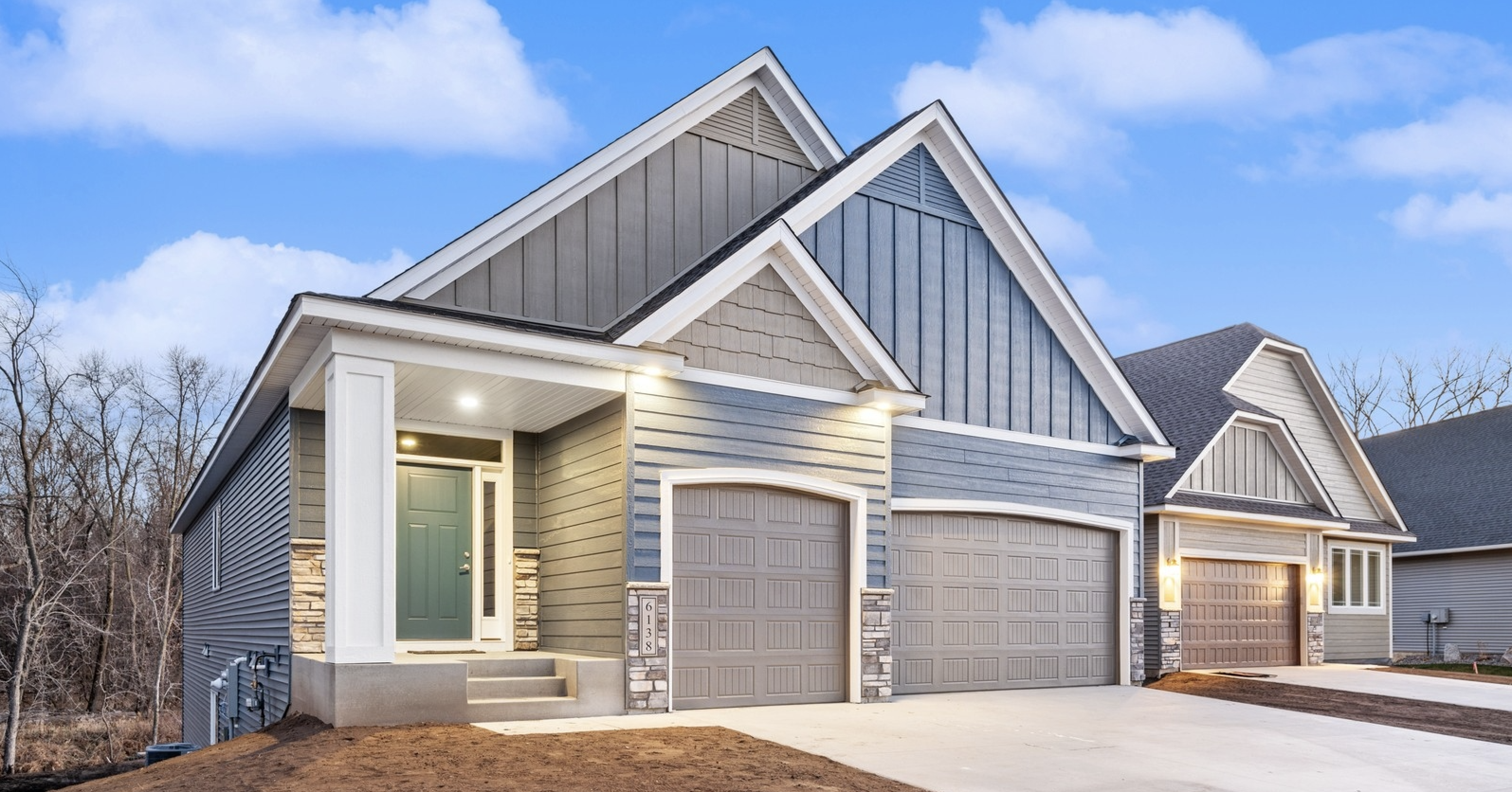
One question every person asks when building a new home in the greater Minneapolis area is, "How much will it cost to build my new home?" It's an important question to ask before you get too far into the homebuilding process. But it's also a question that has no "standard" answer. The cost of your new home will depend on several variables, but let's look at a bit of information that can at least provide you with a starting point.
Related Blog: What To Expect From Your Custom Home Building Process
Factors Affecting Home Building Costs
Land and Location
The location of your home plays a significant role in determining its overall cost. In Minneapolis, different neighborhoods come with varying price tags. For instance, building in Uptown or Southwest Minneapolis can be more expensive compared to areas like Elk River or Ham Lake. These areas not only offer a different price range but also vary in accessibility to amenities, schools, and employment opportunities, which can significantly influence your lifestyle and long-term satisfaction with your home.
Additionally, the size of the land you choose will impact the cost. Larger plots are generally more expensive, but they also offer more space for customization and future expansions. A larger lot can provide the flexibility to add outdoor features like gardens, pools, or additional buildings such as a guest house or a workshop. On the other hand, a smaller lot might be more manageable and come with lower maintenance costs. It’s essential to strike a balance between location and land size to stay within your budget while ensuring that the property meets your current and future needs.
Design and Materials
The design choices and materials you select can greatly influence the cost of building your home. Opting for a unique design with custom features, such as intricate architectural details or specialized layouts, will undoubtedly increase expenses due to the additional labor and expertise required. Conversely, simpler, more conventional designs are often more cost-effective and quicker to build, which can save you money in the long run.
Materials also play a crucial role in both the cost and quality of your home. For instance, using high-quality materials like granite countertops or hardwood floors will elevate the overall cost but can add significant value and longevity to your home. Granite countertops, for example, are not only aesthetically pleasing but also durable and resistant to scratches and heat, making them a worthwhile investment. Hardwood floors offer a timeless look and can last for decades with proper care, adding to the home's resale value.
Additionally, choosing energy-efficient materials and systems, such as double-glazed windows or solar panels, can increase initial costs but lead to substantial savings on energy bills over time. It’s important to choose materials that offer the best balance between cost and quality, ensuring that your home is both affordable and built to last.
Labor and Construction Costs
Labor rates and construction costs fluctuate based on market demand, availability of skilled workers, and the complexity of the project. In Minneapolis, it's essential to consider these factors when planning your budget. Hiring experienced and reputable builders may come at a higher cost, but their expertise can save you money in the long run by avoiding costly mistakes.
Additionally, factors such as seasonal weather conditions can impact construction timelines and labor availability, further influencing costs. For instance, harsh winters might delay outdoor work, leading to potential project extensions and increased expenses.
It Matters Who You Choose to Build Your Home
While all of the things mentioned above are important items to consider when building your new home, perhaps the most important is finding the right builder to create the home you really want. At Price Homes, one of our strengths in custom home building rests in our unique architectural process. We can look at your set of house plans and talk to you about how you’ll move through the house, how you’ll live in the home, and what’s important to you. Collaborating with the architect, we can bring your vision to fruition, making sure that your goals are met at every stage of construction. And if you haven’t chosen an architect to design your custom home, we can recommend one who meets our high standards.
As your custom home is being built, we’re in communication with you every step of the way. If you like, we can schedule weekly on-site meetings to keep you apprised of the progress on your home, and we arrange other key-point meetings as the need arises.
This attention to detail throughout the process helps you make the right choices concerning design, materials, and location that will ensure that you end up with the home you want within the budget you've established. Our goal is to provide maximum value for your investment in your new home.


.png)
